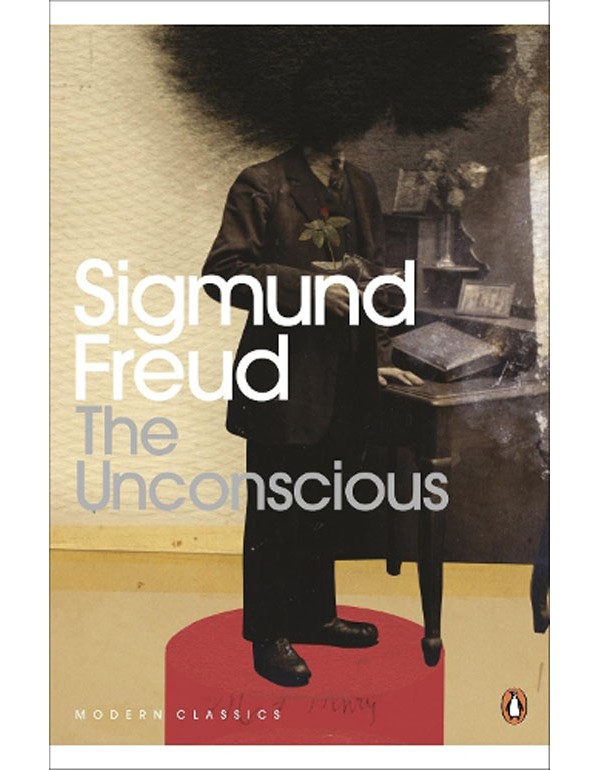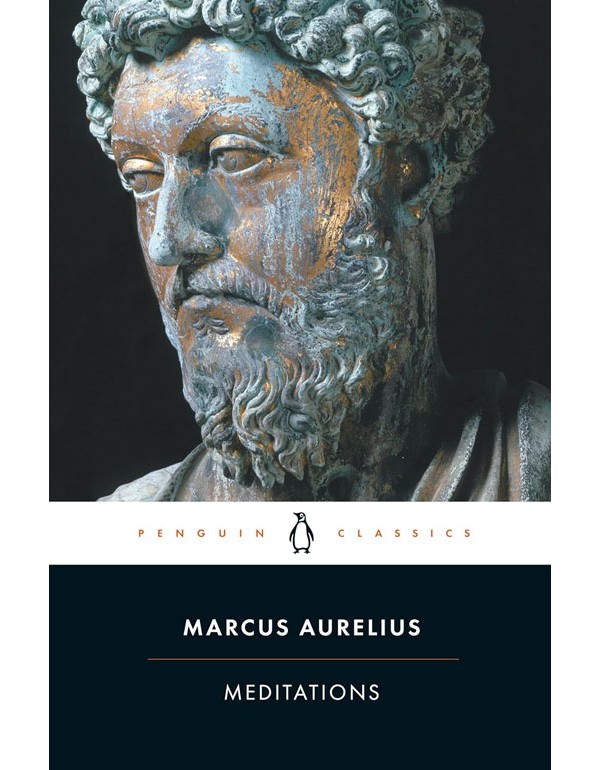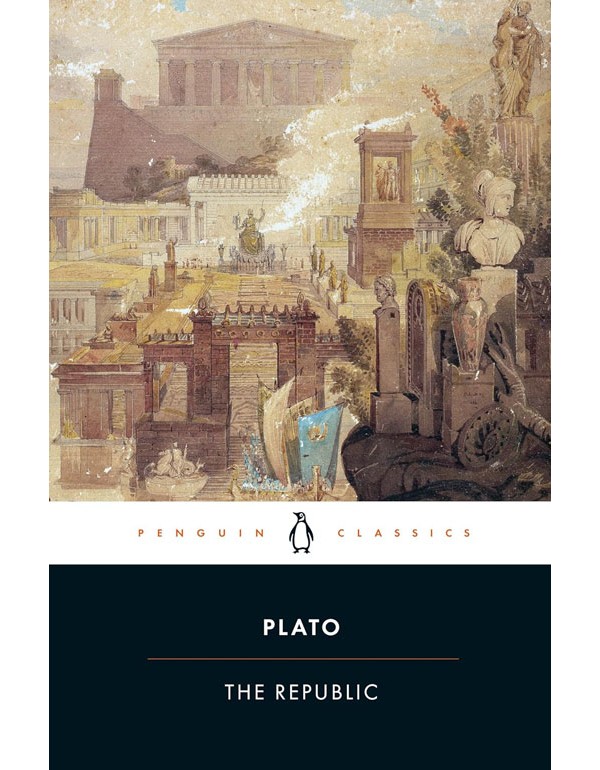The Social Contract
- By: Jean-Jacques Rousseau
- Categories Books , Adults & General Classification , Philosophy & Religion
- Stock Availability: Out Of Stock
- ISBN: 9780140442014
- Total Pages: 192
- Available Book Formats: Paperback
- Year: 2003
Price:
JOD 10.00
"Man is born free; and everywhere he is in chains."
These are the famous opening words of a treatise that has not ceased to stir vigorous debate since its first publication in 1762. Rejecting the view that anyone has a natural right to wield authority over others, Rousseau argues instead for a pact, or ‘social contract’, that should exist between all the citizens of a state and that should be the source of sovereign power. From this fundamental premise, he goes on to consider issues of liberty and law, freedom and justice, arriving at a view of society that has seemed to some a blueprint for totalitarianism, to others a declaration of democratic principles.
In his introduction, Maurice Cranston examines the historical and political ideas that influenced Rousseau and places The Social Contract against a backdrop of Rousseau’s remarkable personality and life.







